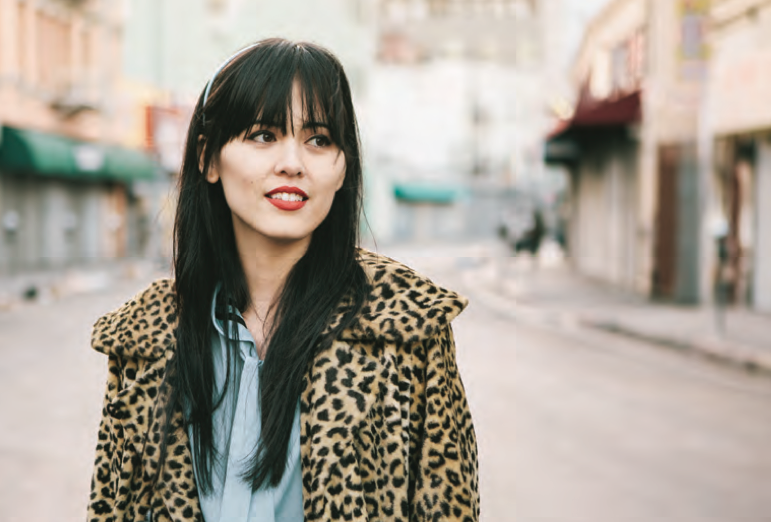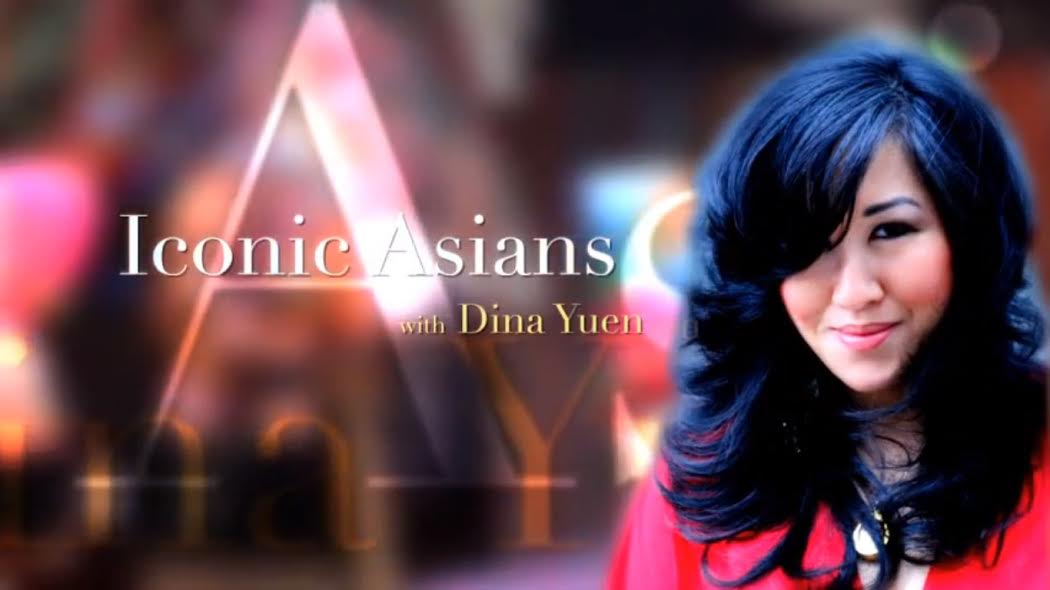Story by Ada Tseng.
In so many ways, music defines a generation or a culture, giving us the soundtrack to our multilayered, bicultural landscape. And the 10 women we highlight here not only lay it all on the line and bare their souls in their music but, each in their own way, do much to round out a picture of what it is to be an Asian woman in America. Our cover girl Yuna defies the modern definition of pop star with her inimitable voice juxtaposed with a girl-crush-worthy style of chic turbans and covered-up ensembles. We have the gossamer voiced Priscilla Ahn, whom we feel like we’ve grown with as her life journey (and music) goes from melancholy to bliss. Then there’s the flame-haired Hmong American hard rocker and an indefinable artist whose voice is featured in one of the hottest hits of the year. From sweet little ditties to feminist anthems, from odes written in the throes of love to songs that feel more like a cathartic purging, their music moves us, inspires us, rocks us. Take a glimpse into the meaning and memories behind the melodies.
Priscilla Ahn – the biracial Korean American singer-songwriter best known for angelically melancholy songs, like her first hit, 2008’s “Dream” – was so skilled at creating music from feelings of sadness and loneliness that when she suddenly found herself happily married (to actor Michael Weston), she realized she was a bit lost. Whereas before inspiration would come naturally, the 30-year-old’s latest album, This Is Where We Are, released in February, required her to dig deeper. Holed up in a hotel room outside of Palm Springs, secluded from all the distractions of the world, Ahn wrote most of the songs on her new album in the middle of the desert.
“I wanted to incorporate cooler beats,” says Ahn of her fifth album’s new sound. “I’ve always loved indie electronic music like Lykke Li, Little Dragon and chillwave stuff, but I never knew how to write those kind of songs. Finally, I got a keyboard with pre-programmed samples, and it opened this huge door of new song ideas.”
First Musical Memory: I remember learning the theme song from the movie The Land Before Time, “If We Hold On Together.” My mom got the sheet music for it, she’d play it on the piano, and I’d sing my heart out. I was probably 5 or 6, and I remember one time, I was singing and just started crying! My mom was like, “What’s happening?” I was thinking about my grandfather in Korea because I missed him. [Laughs] The song just moved me so much.
First Song: The first song I wrote is called “The Beach Song.” If you ask me to play it, I can’t remember. But I was 14, and I had just started playing guitar. I lived in Pennsylvania, so we’re land-locked, and we’d go to the ocean for vacation. So the song is about how I loved going to the beach and relaxing.
[wp_ad_camp_3]
Favorite Story Behind a Song: I do a song in my live shows called “The Boobs Song.” [When Ahn was first dating her husband, she found a book of poetry in his house with an inscription from an ex-girlfriend that said: “I hope you like the poems and that they remind you of my boobs.” She then wrote him a song about it.] It’s funny, even though it stemmed from fear and sadness. It was early in our relationship, and I had to be careful because I can get jealous really easily, and I didn’t want to show that bad side of me yet. So I was like, “Oh, this is fine. I’m OK with this,” even though I totally wasn’t. [Laughs] I was young, about 22. He reacted well; he totally threw out the book. Now, I’ll tell the whole story before I play the song, he’ll be in the audience, and he’ll grin and bear it. He’s a good sport.
Fulfilling a Dream: I actually just performed at the Ghibli Museum! I did an album with a lot of Japanese cover songs and songs from [Japanese animation studio Studio Ghibli] movies called Natural Colors. So I did a secret show at the Ghibli Museum on December 23, 2013, right before Christmas. That was the highlight of my life.
(Half) Asian Influences: Though I didn’t realize it until just recently, I think it all played into my songs subconsciously, even if it’s in the questions of where I belong. Even when I was little, I’d look in the mirror and think, “I don’t look like my mom, and I don’t look like my dad.” Because I’m a mixed breed of them, I thought my parents bought me at Kmart! [Laughs] But now, I’m so proud that I did grow up with a different culture.
Hear Priscilla croon at charactermedia.com/priscillaahn.
This story was originally published in our Spring 2014 issue. Get your copy here.









